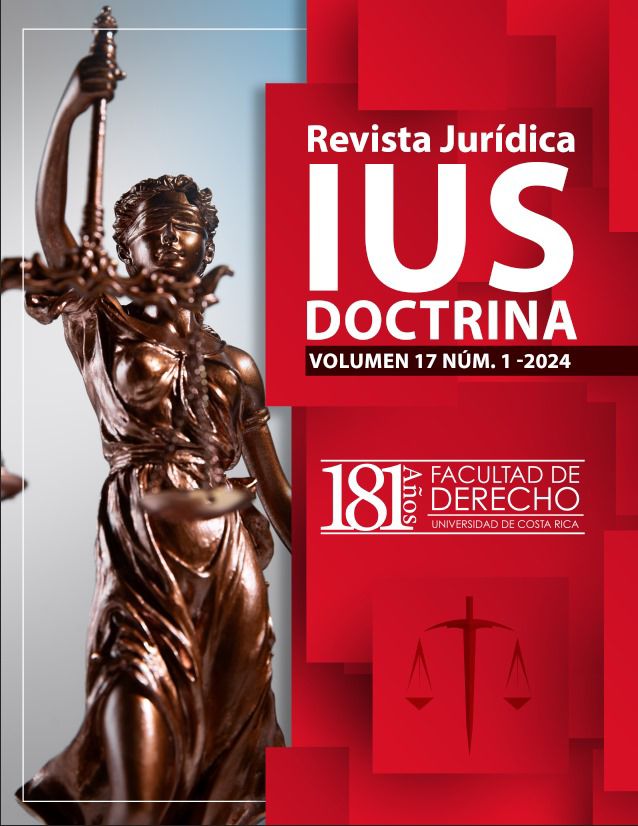Abstract
What characterizes a legal system that enjoys a fair trial is the unrestricted respect for fundamental rights and, thus, the protection of the minimum guarantees present throughout its development. However, when this aspiration is sacrificed by excessive and unjustified procedural formality, it becomes a potential tool of disaffection to the justiciable, who resort to the process in search of a protection of rights. During these years, reflections on the importance of ensuring a fair trial and adequate, effective judicial protection have been challenged by the work of judges who improperly privilege procedural formality rather than a prompt and effective judicial decision as the core budget for the administration of justice. This article seeks to demonstrate that the criterion of the prevalence of excessive procedural ritualism has a direct effect on the conduct of a fair trial, affecting the right to defense, the right to evidence, and the right to a prompt and diligently reasoned decision. Therefore, we intend to analyze the concepts of procedural formality, fair process and effective jurisdictional protection, then observe two jurisprudential criteria that will lead us to conclude that there is a discrepancy on the part of judges when deciding on cases, which would produce a serious direct impact on the rights and guarantees inherent in the persons subject to proceedings.
Comments

This work is licensed under a Creative Commons Attribution-NonCommercial-NoDerivatives 4.0 International License.

